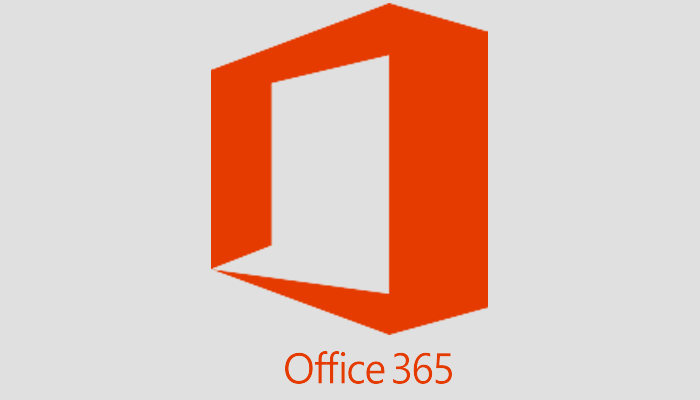
Your guide to Office 365: Part 1
Are you considering investing in Microsoft Office 365? Whether you already use the Microsoft Office Suite and are now thinking of switching, or considering whether to opt for this Microsoft product as your first Office tool, this blog will help you understand Microsoft Office 365 better. Learn what Office 365 is all about in our 2-part blog series.
What is Office 365?
Let’s start with what Office 365 is. Office 365 is a suite of Microsoft Office programs that includes email client, spreadsheet, presentation, document, calendar/reminder, collaboration and chat tools.
How is it different from the regular Office package?
Unlike the regular Office package, Office 365 is web-based. That means all your data is stored in the cloud and retrieved from there every time you need to access it. It is not necessary to store the software on your computer, though you have the option to install it if you wish.
What are the benefits of Office 365?
Web-based
The regular Office package stores your data locally, on a computer. When you store your data locally, there are chances of downtime and data loss if the hard disk becomes corrupted or fails. Also, you cannot access it unless you have access to the specific computer or hard disk it is stored on. Office 365, on the other hand, is web-based and can be accessed from anywhere, as the data is not stored on any particular hard disk.
Standard data security is taken care of
Office 365 uses encryption, so, in general, your data is safer than it would be on the desktop version of the Office. Plus, it is HIPPA and FERPA compliant, which makes it easier if you are operating in the healthcare or education sector. Plus, the security in cloud-based storage is generally stronger than what you get when storing at the local level.
More storage
Office 365 offers more storage space compared to the traditional version of Office. In the traditional version, when you use Outlook email client, the emails are stored on your hard drive, slowing down your system and eventually making you run out of space, forcing you to delete a lot of those older emails. Often we see that clients don’t want to lose old emails. Maybe they find them all too important to let go of, or they just don’t want to spend time browsing through hundreds of them deciding which ones to delete. In any case, Office 365 comes with 50GB of storage space for emails, so you don’t have to worry about this issue anymore.
Stay tuned for part two of our blog, Your Guide to Office 365-II.




